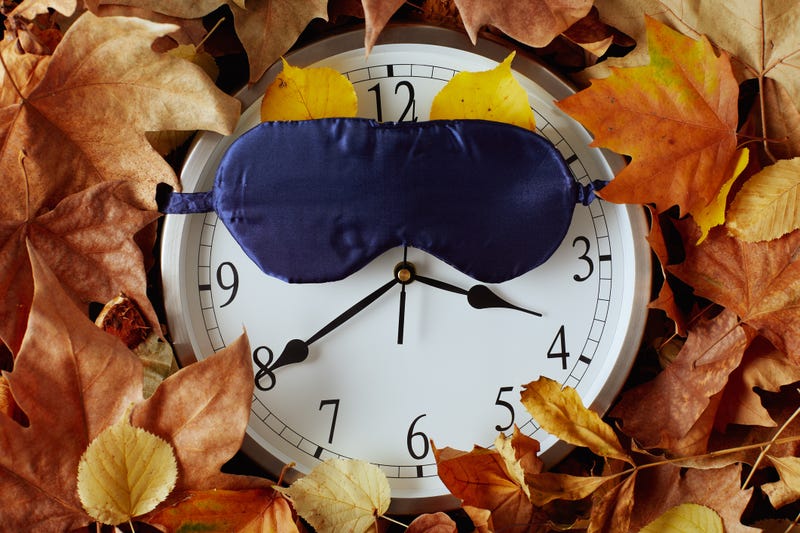
It's time once again to "fall back" this weekend when daylight saving time officially ends.
Many people welcome the extra hour of sleep, while others dread the fact that it will be dark outside by 5:00 p.m.
University of Minnesota medical school professor and sleep medicine physician Dr. Michael Howell says the time change is a good opportunity to examine your habits and fix what might be negatively impacting your sleep, such as alcohol use.
"Even with drinking alcohol in moderation, people will frequently note their sleep is more fragmented that night," says Dr. Howell. "So, take a week or two and try it with no alcohol at all. People are often rather surprised at how much better their sleep is on a consistent basis."
Howell says it's also best to avoid caffeine later in the day, dim your lights in the evening, and minimize screen time too close to bedtime. He says light box therapy is also very helpful for people either struggling to get to sleep, or struggling to stay awake.
“Coming off of daylight saving time gives us an opportunity to understand the importance of our body’s circadian rhythm," he says. "Your body’s 24-hour clock helps you subconsciously understand what time it is during the day. For a tremendous number of us, the time that your body thinks it is doesn’t match up with the actual time.”
Daylight saving time will officially end on November 5 when people in the United States turn back their clocks at 2:00 a.m.
Howell also spoke about what people need to know as we head into the winter months.
“With winter coming, it gets darker earlier and stays dark longer, which can make it difficult to sleep or stay awake sometimes. There are several things you can do to cope. Get bright light in the morning—sunlight if possible, or with a light box if you're waking up before sunrise. Watch your caffeine and alcohol intake in the evening. Give yourself the opportunity to dim the lights down in the evening. Do your best to minimize screen time before bedtime. If you absolutely have to be on a screen the hour before bedtime, at the very least dim it. Put on a blue light blocking software so you're not getting that blue wavelength of light, which can interfere with our ability to get a good night's rest.”
Howell adds that he does like the switching of time in spring in fall, something that others have said should be eliminated.
“One thing I like about the fact that we switch back and forth with daylight saving time is that it allows us to understand how important sleep is," Howell explains. "For many people, that extra hour of sleep is going to make them feel quite a bit better. You can feel that good every single day if you take care of your sleep challenges. Whether you struggle with something like sleep apnea, restless leg syndrome or insomnia, there are strategies to help you sleep better and feel better during the day.“
